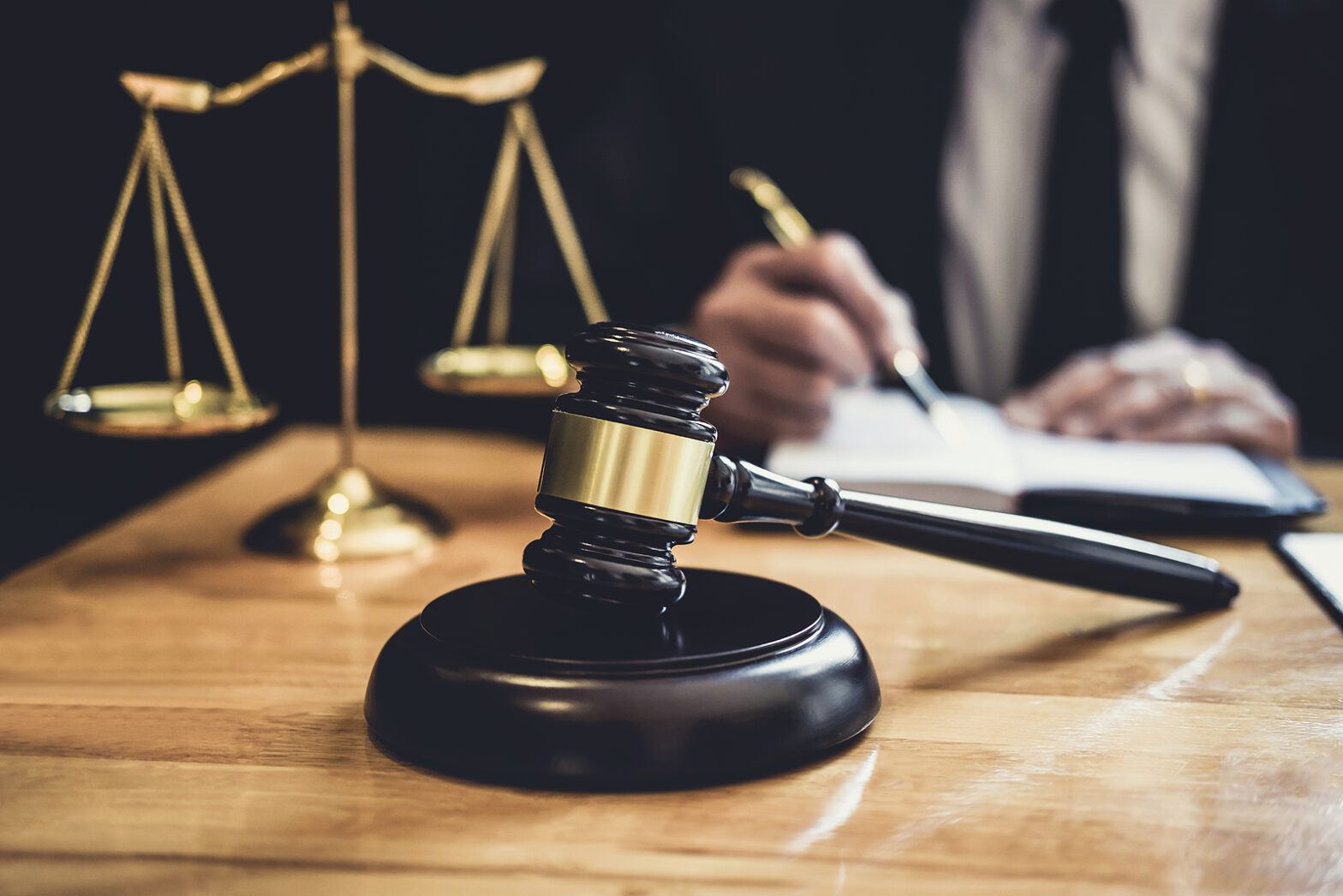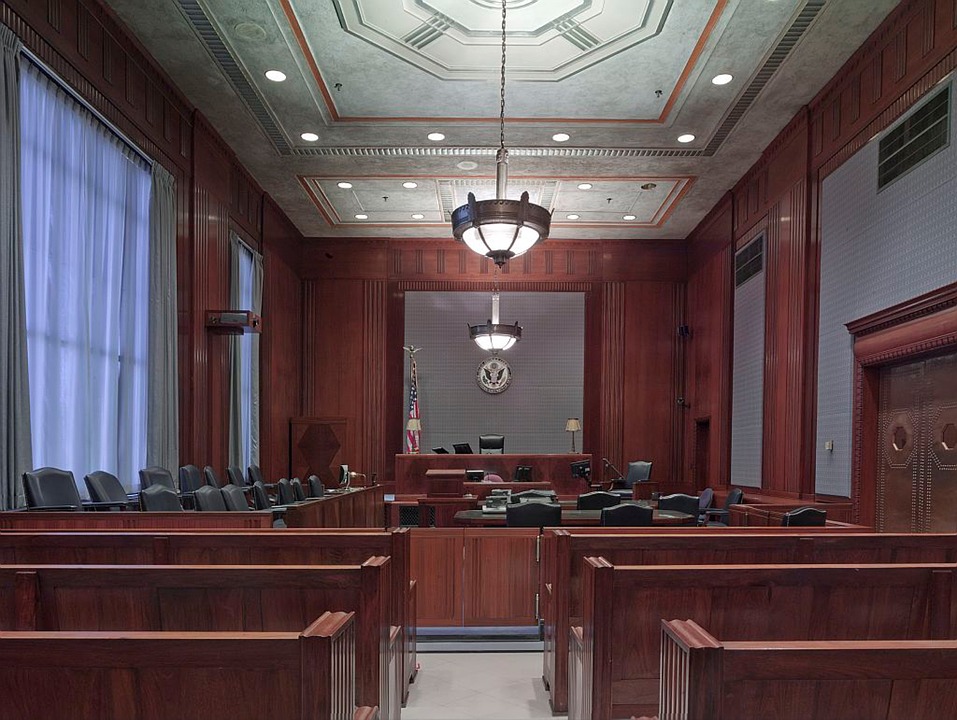Veterans Treatment Courts: An Option for Service Members

Post-traumatic stress disorder (PTSD) is often trivialized as being nothing more than a person who is unable to let go of their past, but for those who suffer from PTSD, it is the past that will not let go of them. Imagine what it must be like to be a service member adjusting to civilian life. How do you explain to your friends and family what you have seen and heard? How do you explain what you have done, knowing that they will never understand because they did not live through what you did?
This disconnect often leaves veterans feeling isolated, alone, and apart from the society in which they now live, and, consequently, unable to live by its laws. Recognizing this difficulty facing veterans, a group of judges, prosecutors, public defenders, and veterans groups collaborated to form Veterans Treatment Courts (VTCs), a new kind of criminal justice system designed to specifically address lawbreaking by veterans, and to ensure they receive the treatment for the underlying causes of their behavior to ensure a more successful return to civilian life.
What Is the Veterans Treatment Court?
VTCs are special courts that manage cases of criminal violations committed by current and former service members. Instead of a normal criminal trial in front of a judge and jury where prison or jail may be the ultimate outcome, the VTC works as a team to address the violation, and work to rehabilitate the defendant without the need for incarceration. The defendant goes through a rehabilitation program that includes mental health counseling, counseling for substance abuse, drug and alcohol testing, and regular attendance at court for evaluation.
A judge who specializes in veterans’ cases oversees the process. This is important because it means the judge will have a better understanding of the underlying issues that are driving the defendant’s behavior, such as PTSD or drug addiction. A veterans treatment court judge also understands the work of the Veterans Health Administration, Veterans Benefits Administration, State Department of Veterans Affairs, and veterans service organizations.
Additionally, the VTC uses the military culture the veteran defendant is accustomed to as a way to help him or her return to civilian life. Recognizing that many veterans who turn to crime are also unaware of the federal benefits available to them, volunteer veteran mentors work to help the veteran defendants and guide them through the process of accessing those services, including health care and job placement. These mentors also help instill the sense of community that has been missing from the defendants’ lives.
Eligibility for VTC Is Not Automatic
VTCs are not able to hear all cases. To be eligible, you must have served as an active member or reservist in any of the branches of the United States military – Army, Navy, Marines, Air Force, Coast Guard, or National Guard. Additionally, you must meet the following requirements:
- You plead guilty in a criminal case for which you are eligible for probation;
- Your crime was not gang-related nor a sexual crime;
- You suffer from PTSD, traumatic brain injury (TBI), military sexual trauma (MST), drug or alcohol abuse, or other diagnosed mental illness; and
- You were honorably discharged from military service (though the court will consider other types of discharge, such as for being disabled as a result of service).
If you meet these requirements, and you agree to participate in a program for the next 15-18 months, you may be eligible for this program.
How Do I Apply to Have My Case Heard by a VTC?
Currently, California has 33 Veterans Courts in 29 counties, including Orange, Los Angeles, Riverside, San Bernardino, San Diego, and Ventura. Each court has its own processes that must be followed to have your case admitted to the program. An experienced Wallin & Klarich criminal defense attorney can help guide you through the process.
Once you have applied, the court may order that you be evaluated by a mental health professional, and have preliminary assessments of your case made by a probation officer, Veterans Court staff, and other specialists. The judge may even request a meeting with you and your defense attorney.
An important aspect of this process is that you must have pled guilty to the offense. However, if you change your mind, or evidence is available that could exonerate you, you do have the option of withdrawing from the program within fourteen days by withdrawing your guilty plea and proceeding through the regular court process.
What Happens At the End of the Program?
Once you complete the program assigned to you by the VTC, the judge will review your case and determine whether you were successful. He or she will evaluate you on the following criteria:
- Whether you participated in and/or completed court-ordered education, treatment, and rehabilitation programs;
- Your progress in formal education and development of your career potential;
- Your efforts to show leadership and take personal responsibility for your wrongdoing; and
- Your level of contribution to the community through service.
If you are not complying with the programs requirements, the court can take any of several different actions, from adding additional requirements to your program to fines to expulsion from the VTC. If you are disqualified, your case will go back into the criminal court system and proceed as a regular criminal case.
If you complete the program, you may be able to avoid jail or prison completely. However, if your crime was a violent felony, you might only see a reduction in the jail or prison time you will serve.
Upon successful completion, the court may dismiss and expunge your case, or in the case of a felony, may reduce the conviction to a misdemeanor. In addition, you will not be required to disclose the case on applications for employment or under oath, unless you apply to become a law enforcement officer.
Contact the Criminal Defense Attorneys at Wallin & Klarich For More Information
At Wallin & Klarich, we appreciate and thank you for your service to our country. That is why we stand ready with more than 40 years of experience in helping veterans like you with their defense against all manner of criminal charges. We work hard to bring about the best possible outcome to your case, whether it is through a Veterans Treatment Court, or through a criminal court. Let us help you today.
With offices in Orange County, Riverside, San Bernardino, Los Angeles, San Diego, West Covina, Torrance, and Victorville, there is an experienced and skilled Wallin & Klarich criminal defense attorney available to help you no matter where you are located.
Contact our offices today at (877) 4-NO-JAIL or (877) 466-5245 for a free, no-obligation phone consultation. We will be there when you call.



